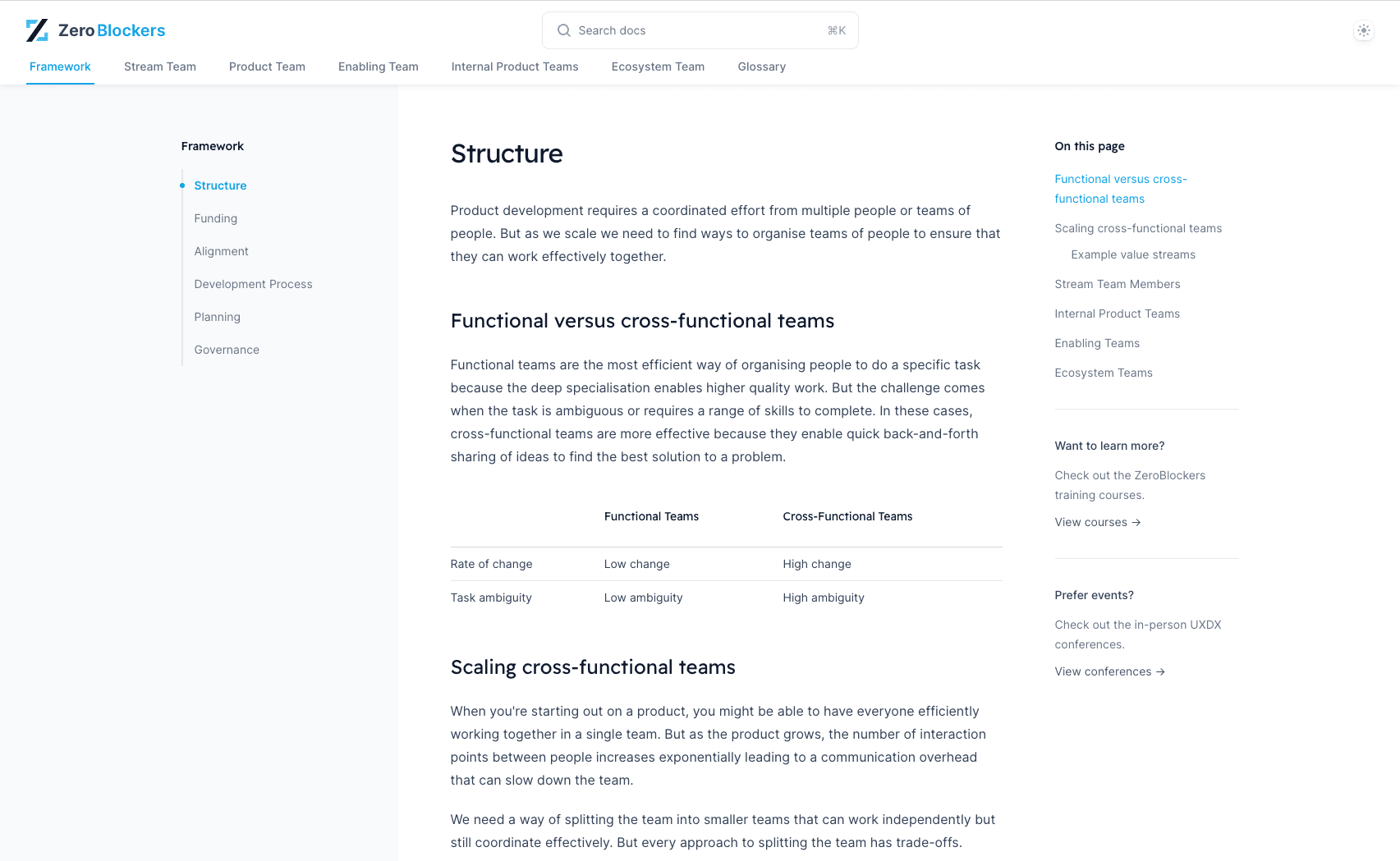Case StudyEcosystem Team: Enabling Teams - Continuous Discovery through Research Ops at Kiwi.com
Kiwi.com encountered significant challenges in implementing continuous discovery practices due to a lack of structured research operations. Teams were conducting user research without a standardized process, leading to issues such as sloppy participant recruitment, loss of valuable insights, improper use of tools, and introduction of biases. These inefficiencies hindered effective decision-making and compromised the quality of product development efforts.

The Solution
Kiwi.com addressed these challenges by building a strong research ops infrastructure, ensuring continuous discovery practices were supported by efficient and standardized processes. This involved setting up mechanisms for participant management, training teams, creating a research repository, optimizing tooling, and promoting triangulation of data. This structured approach aimed to improve the overall quality and consistency of research outputs.
- Establishing Participant Management: Research ops focused on developing a systematic approach to participant recruitment and management. This included maintaining a database of participants, ensuring compliance with GDPR and other regulations, and tracking incentives provided to participants. This helped ensure a steady flow of participants for weekly touchpoints.
- Training and Development: The research ops team provided comprehensive training for team members on various research methodologies, interview techniques, and proper usage of research tools. They also created templates and guides to help non-research specialists conduct effective research, thereby reducing biases and improving the quality of insights.
- Creating a Research Repository: A centralized repository was established to store all research outputs, ensuring that valuable insights were not lost. This repository allowed team members to revisit past research, facilitating triangulation of data and sparking new ideas.
- Optimizing Tooling: The research ops team identified and implemented appropriate tools for different research activities, such as user interviews, moderated testing, and data analysis. They ensured that teams had access to the right tools and knew how to use them effectively.
- Promoting Triangulation: Research ops emphasized the importance of triangulating insights by combining qualitative and quantitative data. They facilitated connections between different departments, such as customer support and sales, to integrate various data sources, providing a more comprehensive view of user needs and behaviors.
Outcomes achieved
Implementing a robust research ops infrastructure led to significant improvements in Kiwi.com's continuous discovery practices:
- Enhanced Research Quality: Standardized processes and comprehensive training ensured that research was conducted effectively and consistently, reducing biases and improving the quality of insights.
- Improved Participant Management: A systematic approach to participant management ensured a steady flow of participants, compliance with regulations, and efficient tracking of incentives, leading to more reliable and continuous user feedback.
- Centralized Knowledge Base: The research repository provided a centralized location for storing and accessing research outputs, preventing loss of valuable insights and facilitating ongoing learning and triangulation.
- Effective Tool Utilization: By optimizing tooling, teams were equipped with the right resources to conduct various research activities efficiently, enhancing their ability to gather and analyze data.
- Data-Driven Decision Making: Triangulating insights from multiple sources allowed for a more holistic understanding of user needs, leading to better-informed decisions and more effective product development.
